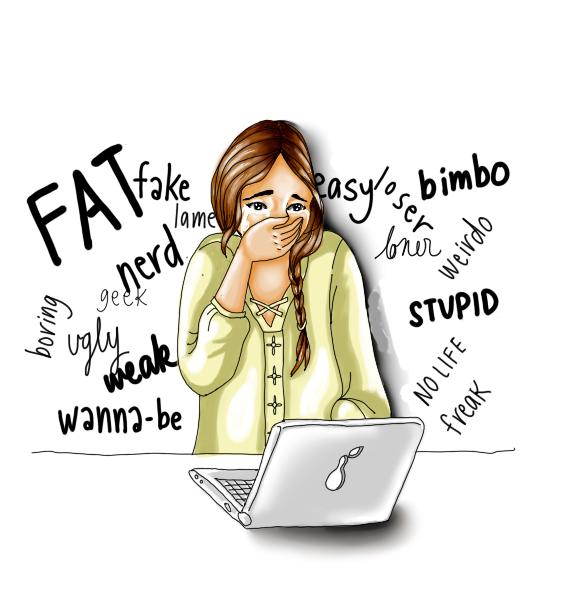
1 minute read
Forms of cyberbullying


Advertisement
Insults in a virtual space where a child is insulted in public by seeing or hearing others. For example, a social network profile contains various swear words, and the child is publicly nicknamed. Impersonation of another person and damage to his or her reputation. In cyberspace, it’s easy to stay anonymous and hide your identity, and you can also pretend to be what you don’t really are. For example, a seventh-grader pretends to make fun of his classmate and writes short messages to other girls in the class on his behalf, nicknaming them with various ugly words.
Fraudulently obtaining personal information and disclosing it to others. These can be personal photos, videos, log-in details, and other important information for the child that he or she does not want to share with others.
Rejection and non-admission to a group of friends in chat rooms, social networks, for example, students in one class delete one of their classmates from their friend's list by agreement.
Defamation on the Internet when rumors are spread about a child or a group of children. For example, girls call two of their classmates a "couple" , sending messages and e-mails to other classmates, spreading false information.
Harassment when there is a threat of harm in some way, say beating, or claiming that a child is being secretly monitored.
Filming, uploading, and distributing acts of violence online. It is important to mention the phenomenon called "happy slapping" or "happy slapping" .
This phenomenon arose in England, when young people deliberately struck an often random person and filmed such an attack with amateur cameras, such as mobile phones, and later posted a recording online. The most important part of this attack is the victim's reaction to unexpected action. It seems ridiculous to observers and later to viewers. It is noticeable that more and more young people are engaging in this type of 'entertainment, and the forms of violence they are choosing are becoming more and more brutal.



